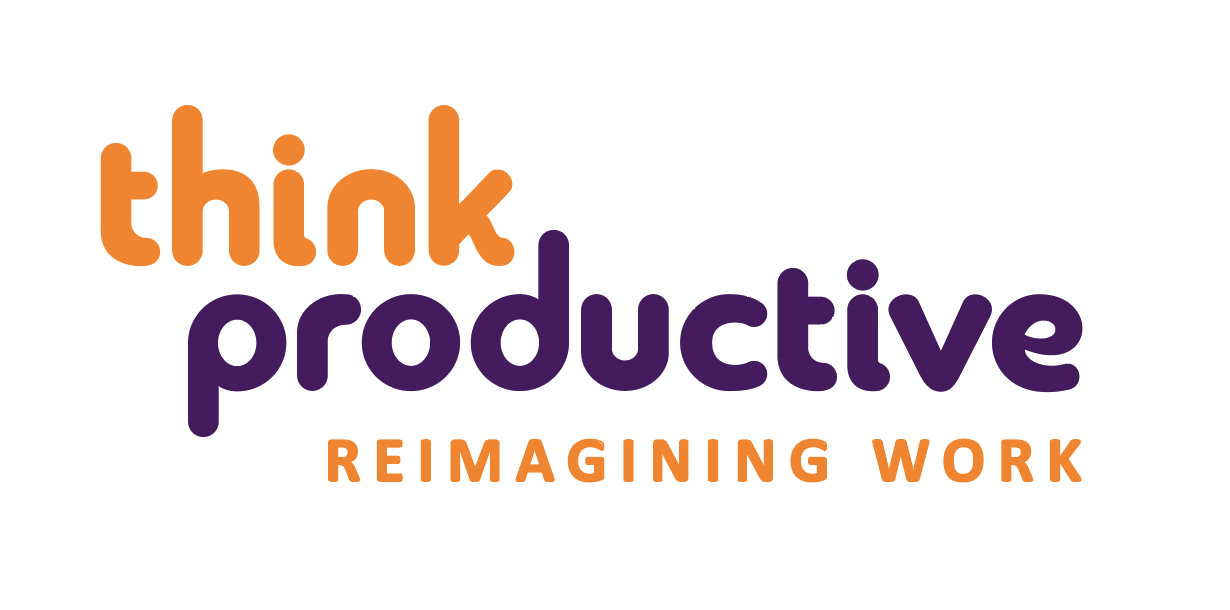Even the most effective Productivity Ninjas out there encounter stress and anxiety from time to time. After all, even after extensive Time Management Training workloads can still pile up and anxiety can take hold. With addiction being an increasing topic in news headlines, it is important to discuss ways to cope with stress and anxiety without that bottle of liquid courage. Here are a few ways on how to cope with stress and anxiety in sobriety.

Prioritize your daily, weekly, and monthly goals
If you have an extensive list of things to do, it can be overwhelming to navigate through all of your tasks at once. If you are newly sober, you may be tempted to complete all of your tasks as quickly as possible to make up for lost time, however, rushing through tasks can diminish the quality of your work. You may feel guilty that your addiction or alcoholism has taken away from your work in the past, but sulking in past mistakes will only cultivate more anxiety.
Taking a few minutes each day to prioritize your goals will help you accomplish tasks one by one in order of importance. Making a list and accomplishing goals will help prevent stress overload from excess work. It will also allow you to relax and calmly meet your goals.
Spend time in nature
If you are confined to a desk or feeling cooped up in your office during the workday, try eating your lunch outside or taking a short walk after lunch. Studies have proven that spending time outside is good for you as exposure to the outdoors can significantly reduce your levels of salivary cortisol which is a marker of stress. In addition, getting a little fresh air and sunlight can help boost your mood and improve mental health – which is a key aspect in maintaining long term sobriety.
Take time to breathe
Do you dread opening your inbox each morning as you anticipate a multitude of e-mails that require a response? Getting your Inbox to Zero can be a timely and stressful venture that can set the tone for the rest of your day. However, learning how to effectively sift through your e-mails then take a few deep breathes to refresh your body and mind can help you de-stress and move on to your next task.
Although it can be tempting to return to a drink or drug to de-stress and restart your day, this re-start can be accomplished by deep breathing techniques. Your breath is an extremely powerful tool that can alleviate stress and diminish anxiety. Whenever you feel an urge to get outside of yourself using substances, take a few deep breaths instead. This will help you feel better and refocus on your goals.
Express yourself
Keeping problems and emotions to yourself can take a detrimental toll on your mental health. On the contrary, talking to someone else about your worries, anxiety, and stress can help you put things into perspective while allowing your voice to be heard. Accepting guidance from others can help you work through stress and anxiety to be more a more productive and valued individual.
Don’t neglect exercise

Life is all about balance. It can be easy to obsess over one individual thing in sobriety as you are aiming for perfection and validation from others, but it is equally important to take time for yourself and take care of your health. Getting at least 30 minutes of exercise a day can not only improve your physical health, but it can boost your mental health as well. Exercise can improve your mood, boost your energy levels, promote better sleep, and alleviate stress.
It is no secret that treating mental health can directly improve the lives of sober individuals. In addition, getting that workout in before or after work can allow you to have more energy throughout the day to complete tasks without getting too overwhelmed or anxious.
Cassidy is an avid writer who works with JourneyPure to help spread awareness around addiction and mental health. As a woman in recovery herself, her passion is to help others recover and break the stigma that often surrounds addiction. You can find her on Twitter.
